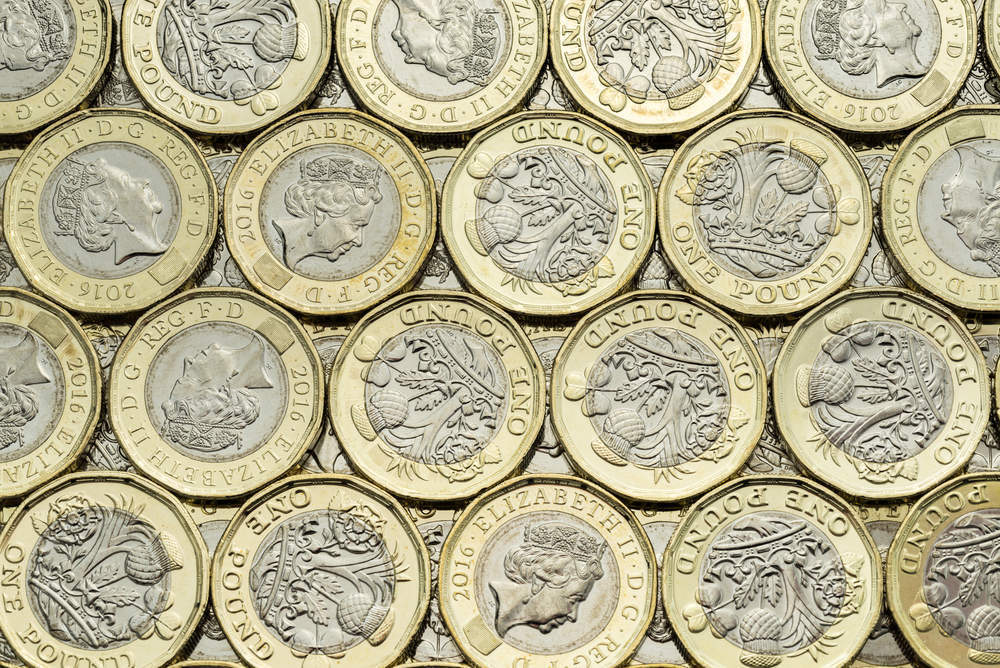
Sterling jumped nearly one percent to a three-week high on Wednesday after Mark Carney, governor of the Bank of England (BoE), suggested that interest rates could rise.
The extent to which stronger business investment offsets a slowdown in consumer spending, as well as growth in wages and labour costs must be considered when deciding whether or not to tighten monetary policy, Carney insisted.
Some removal of monetary stimulus is likely to become necessary.
He added that the BoE will debate the issue “in the coming months”.
The pound was up to $1.2936 against the dollar after Carney’s remarks, after printing $1.28 earlier in the day.
However, the governor’s recent comments contradict his position last week, when he said that “now is not yet the time to begin” raising interest rates which remain at a record low of 0.25 percent.
How well do you really know your competitors?
Access the most comprehensive Company Profiles on the market, powered by GlobalData. Save hours of research. Gain competitive edge.

Thank you!
Your download email will arrive shortly
Not ready to buy yet? Download a free sample
We are confident about the unique quality of our Company Profiles. However, we want you to make the most beneficial decision for your business, so we offer a free sample that you can download by submitting the below form
By GlobalDataSome financial experts are cautious about jumping to conclusions based purely on hints from the BoE about potential monetary policy changes.
ING currency strategist Viraj Patel said:
Our main message would be not to over-interpret the comments — there’s definitely a disconnect when you look at what’s happening in the rates market and the way the FX market is moving. There is a risk that the moves are a bit too aggressive relative to what the central banks are trying to tell us. In the case of the UK, this withdrawal of stimulus could just be one rate hike and not the start of a full-blown hiking cycle. So you’ve got to be careful about overshoots in these currencies.
The Bank’s Monetary Policy Committee (MPC) was split 5-3 to keep rates on hold at its June meeting.
UK inflation was 2.9 per cent last month — significantly higher than the BoE’s two percent target.







